
Down’s syndrome is a common chromosomal abnormality that always has a significant impact on the family, which is why medicine today offers screening and tests for the future mothers. These tests are particularly recommended for pregnant women who have more than 35 years of age.
There are two types of tests for Down’s syndrome. A screening test estimates the chance of this disorder in the fetus, while diagnostic tests like CVS or amniocentesis, offer definitive results but also carry a small risk of miscarriage.
First trimester screening
An ultrasound test called nuchal translucency scan or NT scan can be performed between weeks 11 and 14. This test examines the amount of fluid beneath the skin on the back of the baby’s neck.
There is also a blood test that can be done individually or combined with NT scan. This test checks for hCG levels and PAPP-A or pregnancy associated plasma protein. In case a woman is pregnant with a baby with Down’s syndrome, the levels of these two substances in the blood will be abnormal.
These two tests are best if combined. The NT scan identifies from 75 to 82 percent of all babies with Down’s syndrome and the blood test alone identifies from 60 to 70 percent. Put together, the detection rate of both tests is 90 to 93 percent.
The main advantage of the first trimester screening is that it leaves enough time for a woman to decide what to do next if the screening confirms Down’s syndrome in the baby. It is also a rather accurate test for this disorder. The main disadvantage is that NT scans are not always available in all hospitals.
Second trimester screening
Second trimester screening is based on blood tests that can be performed between weeks 15 and 20 of the pregnancy. The test measures markers like hCG, uE3 or oestriol, AFP or alpha fetoprotein and inhibin A.
A mother carrying a baby with Down’s syndrome will have high levels of hCG and inhibin A and high levels of eU3 and AFP.
The advantage of second trimester screening is that blood tests are simple and inexpensive, and most laboratories can carry these tests out. As for the disadvantages, the second trimester screening is less accurate than the one performed in the first trimester, and, in addition, the termination of pregnancy in the second trimester is much more traumatic and also carries a higher risk of complications. Women whose screening has shown increased chance of Down’s syndrome can decide if they want to do the amniocentesis, which will confirm the disorder.





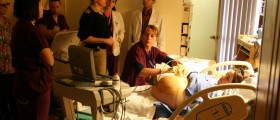


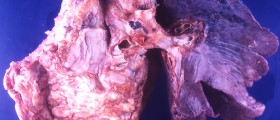
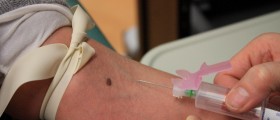
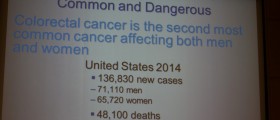

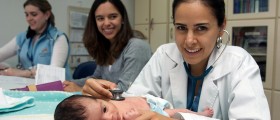




Your thoughts on this
Loading...